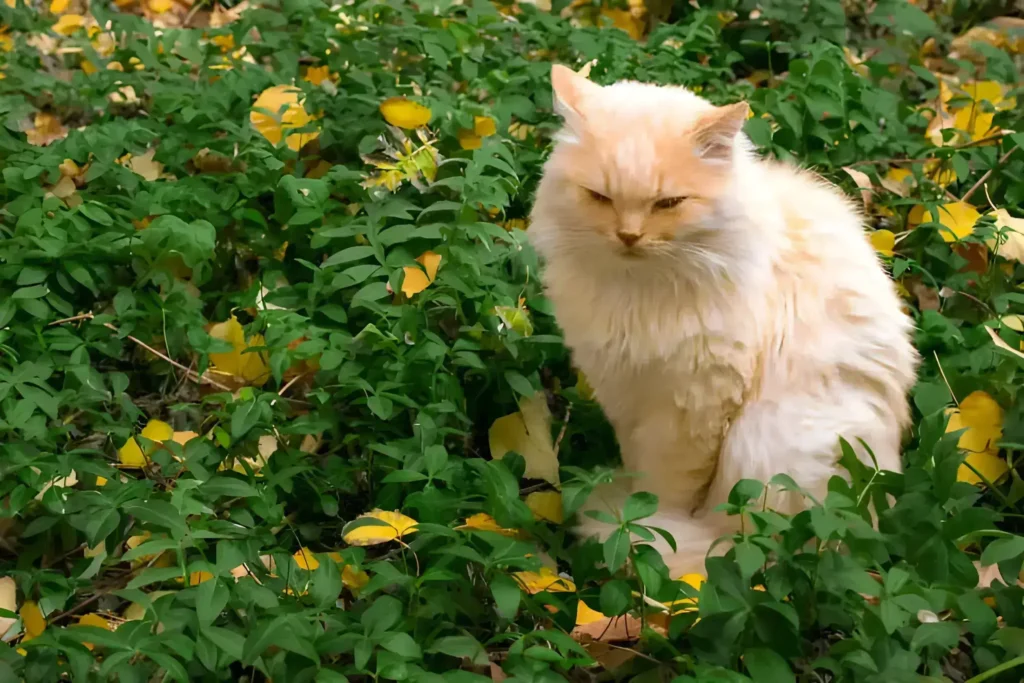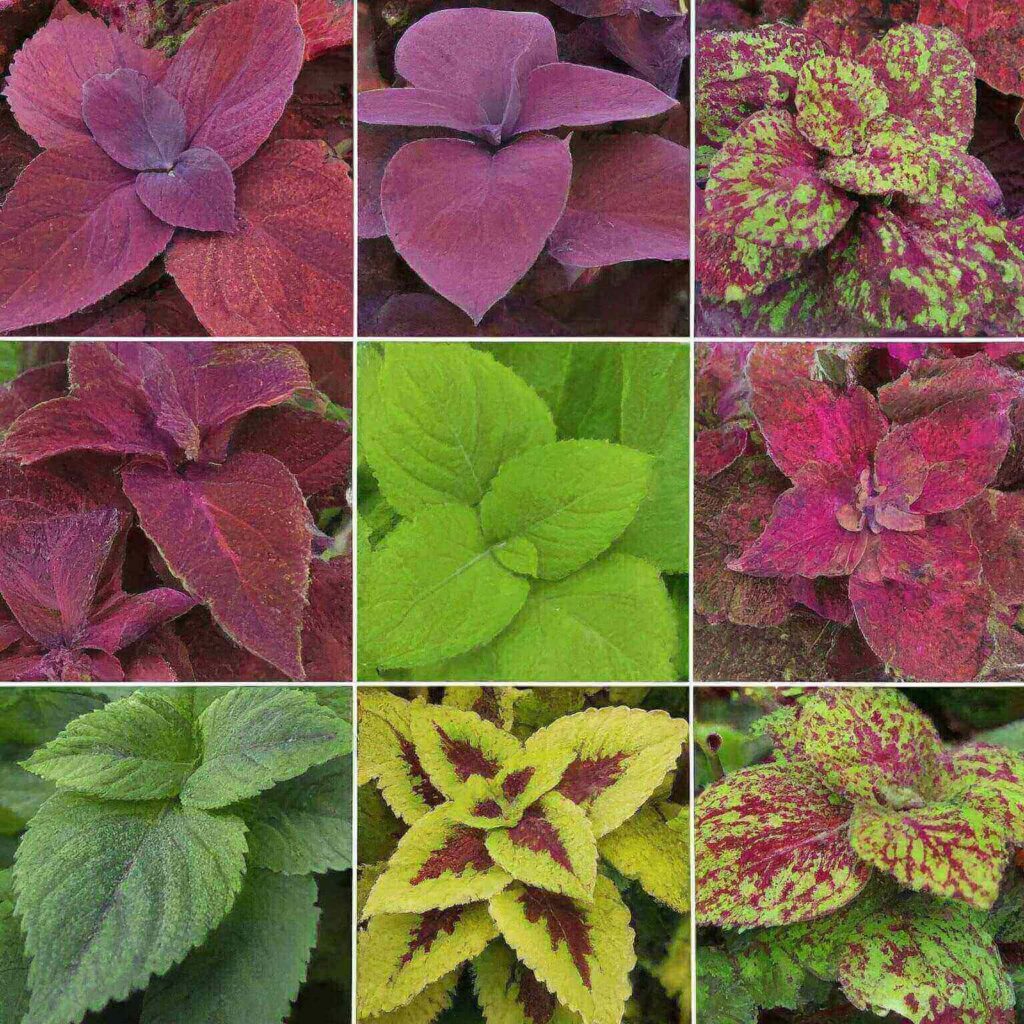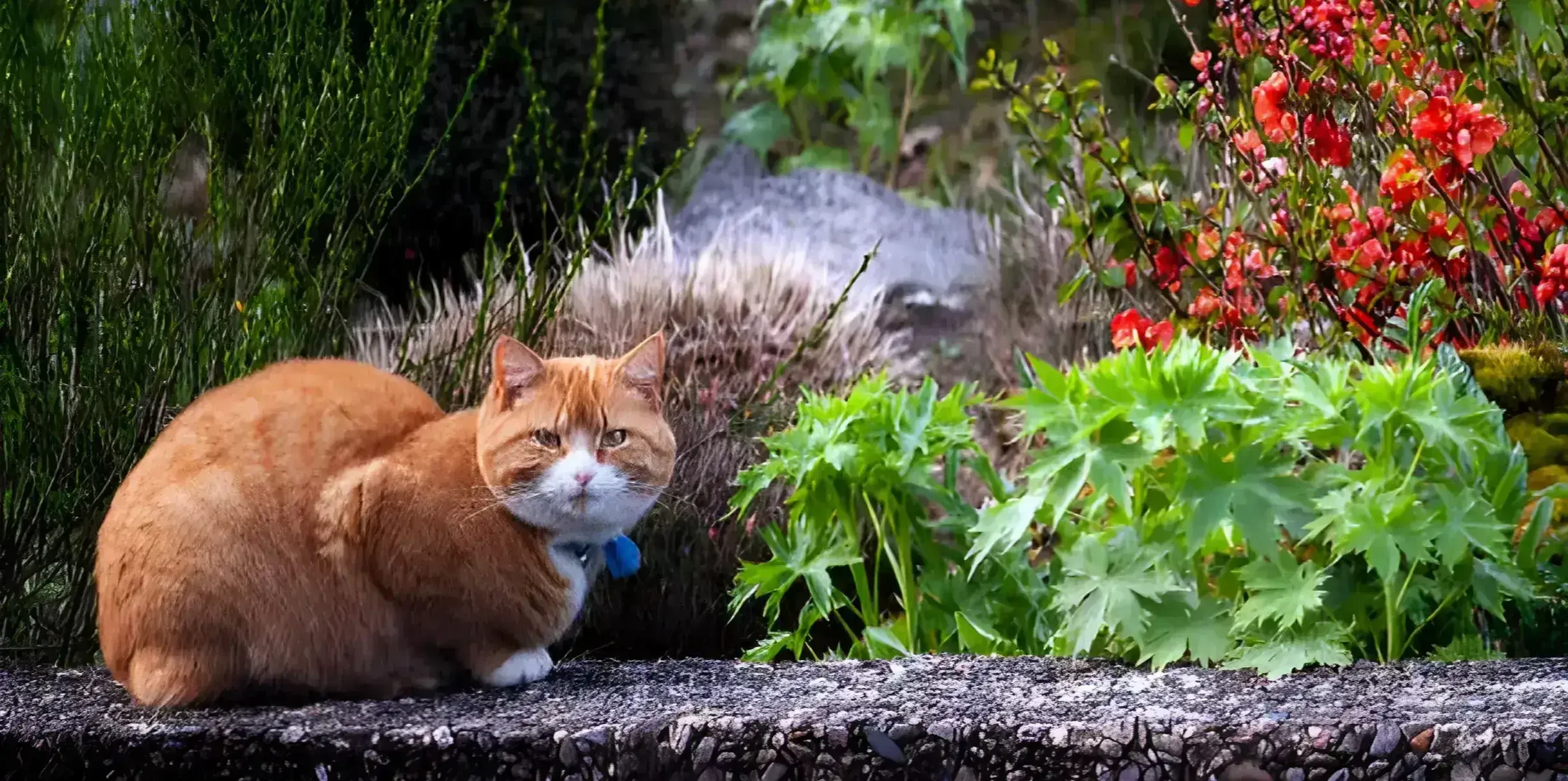Yes, coleus plants are mildly toxic to cats. They contain essential oils that can cause digestive upset, skin irritation, and in severe cases, respiratory distress. It’s important to keep these colorful plants out of your feline friends’ reach.
Why is Coleus a Problem for Cats?
Coleus plants look stunning with their bright leaves, but they hide a secret that makes them risky for cats. Their vibrant colors come from essential oils that can make your feline friend sick, even with just a nibble or brush against the plant.
Symptoms of Coleus Toxicity in Cats
- Digestive Upset: Vomiting, diarrhea (which may be bloody), loss of appetite
- Skin Irritation: Redness, itching, drooling, pawing at the face
- Respiratory Issues (Rare): Difficulty breathing, lethargy
What to Do if Your Cat Encounters Coleus
- Observe: Watch for symptoms. Mild cases might resolve on their own.
- Remove the Plant: Prevent further exposure to the coleus.
- Contact Your Veterinarian: Seek advice, especially if symptoms are severe or persist.
Protecting Your Cat from Coleus

- Indoor Plants: Place coleus in hanging baskets or inaccessible spots.
- Outdoor Gardens: Consider cat-safe fencing or deterrents (citrus scents can help).
- Safe Alternatives: Offer cat-friendly plants like spider plants, Swedish ivy, or catnip.
Cat-Friendly Plants that Mimic Coleus’s Beauty
While you should keep coleus out of reach, you can still enjoy splashes of color in your home or garden with these safe alternatives:
- Polka Dot Plant (Hypoestes phyllostachya): Colorful spotted leaves in various shades.
- Persian Shield (Strobilanthes dyerianus): Striking iridescent purple foliage.
- Nerve Plant (Fittonia): Delicate leaves with colorful veining.
My Cat Ate Coleus! Real-Life Stories
Sarah, Maine Coon Owner: “My mischievous Maine Coon, Luna, managed to snag a leaf from a hanging coleus. Luckily, I caught her in the act and only saw her chew a little. I removed the plant and monitored her closely. She had some mild nausea for a few hours but was back to her playful self by morning.”
David, Multi-Cat Household: “We have a jungle gym of houseplants, and unfortunately, our new kitten, Milo, discovered the coleus. He didn’t eat much, but he did get some on his fur. He started itching and drooling, so we called the vet. They advised a gentle bath and keeping him away from the plant. Thankfully, he recovered quickly.”
These stories show how quickly coleus can affect cats and why it’s important to act fast if you think your pet has been exposed.
Picture Gallery: Identifying Different Coleus Varieties


Is That Coleus in Your Home? This Picture Guide Will Tell You! Knowing for sure helps you protect your cat.
Beyond Coleus – Other Mildly Toxic Plants to Cats
While coleus may be a current concern, it’s good to be aware of other common plants that can cause mild discomfort to cats:
Lilies: Highly toxic, causing kidney failure. Keep these far out of reach.
Daffodils: The bulbs and leaves contain toxins that can irritate a cat’s mouth and stomach.
Tulips: Similar to daffodils, the bulbs and leaves can cause digestive upset.
Azaleas and Rhododendrons: These contain toxins that can lead to vomiting, diarrhea, and weakness.
Conclusion
Coleus plants add charm but pose a risk to your cat’s well-being. Understanding the potential toxicity, practicing prevention, and knowing what to do in case of exposure are key to keeping your feline companions safe and healthy.
The photo featured below the post headline is Credit: yuuum/istockphoto
I hope you find this post helpful and informative. If Yes’ feel free to share it with your friends!
Frequently Asked Question
Is all coleus toxic to cats?
Yes, all varieties of coleus plants contain essential oils that can be harmful to cats, even in small amounts.
My cat only brushed against coleus, should I worry?
Monitor your cat for skin irritation, but severe reactions are less likely from brief contact. If redness, itching, or excessive drooling develop, contact your vet.
How long does coleus poisoning last in cats?
Most cases of mild coleus toxicity resolve within a day or two. Consult a vet for persistent or severe symptoms.
Can cats recover from coleus poisoning?
Yes, the prognosis for most cats who encounter coleus is good. Promptly removing the plant and seeking veterinary advice when needed significantly increase the chances of a full recovery.
Are coleus leaves poisonous?
Yes, the leaves carry the same toxicity as the rest of the plant. Chewing or ingesting even small amounts can lead to unwanted symptoms.
Do cats like coleus plants?
While not all cats will be actively drawn to coleus, the colorful leaves and potential movement (in a hanging plant) can pique their curiosity. It’s best to assume the plant is attractive to prevent unexpected nibbling.
What is the most toxic plant to cats?
Lilies (including Tiger lilies, Easter lilies, etc.) are widely considered among the most dangerous plants for cats. Even small exposures can lead to severe kidney damage.
What happens if a cat eats a coleus leaf?
Common symptoms include vomiting, diarrhea, drooling, and skin irritation around the mouth. More severe cases may involve lethargy and breathing difficulties.
Are coleus plants poisonous to dogs as well?
Yes, coleus plants pose a similar mild toxicity risk to dogs. Keep it out of reach of all pets.
Can coleus plants cause blindness in cats?
Coleus poisoning is unlikely to cause blindness directly. However, severe cases could lead to dehydration or complications that indirectly affect vision.
My cat ate a coleus leaf and is now acting weird, what should I do?
Any unusual behavior after a cat encounters a coleus plant warrants a call to your veterinarian for advice.

